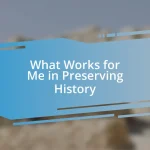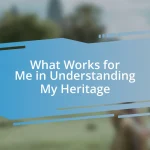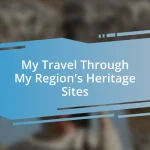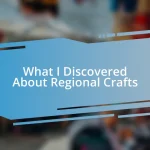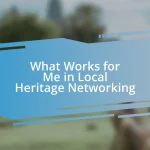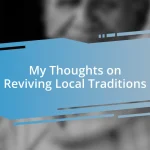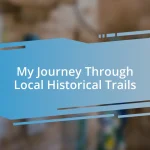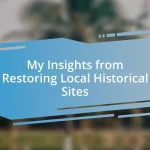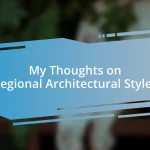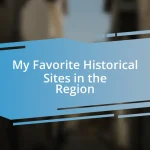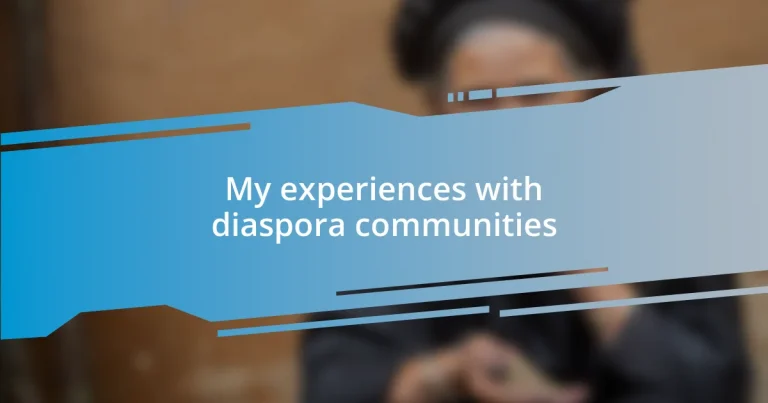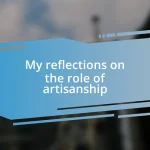Key takeaways:
- Diaspora communities play a crucial role in preserving cultural identity, providing support, and fostering resilience among their members through shared experiences and traditions.
- Members often face challenges such as cultural disconnect, discrimination, and mental health issues, navigating the complexities of fitting into a new culture while maintaining their roots.
- Building support networks, engaging in cultural activities, and celebrating heritage are vital coping mechanisms that empower individuals and create a sense of belonging within diaspora communities.
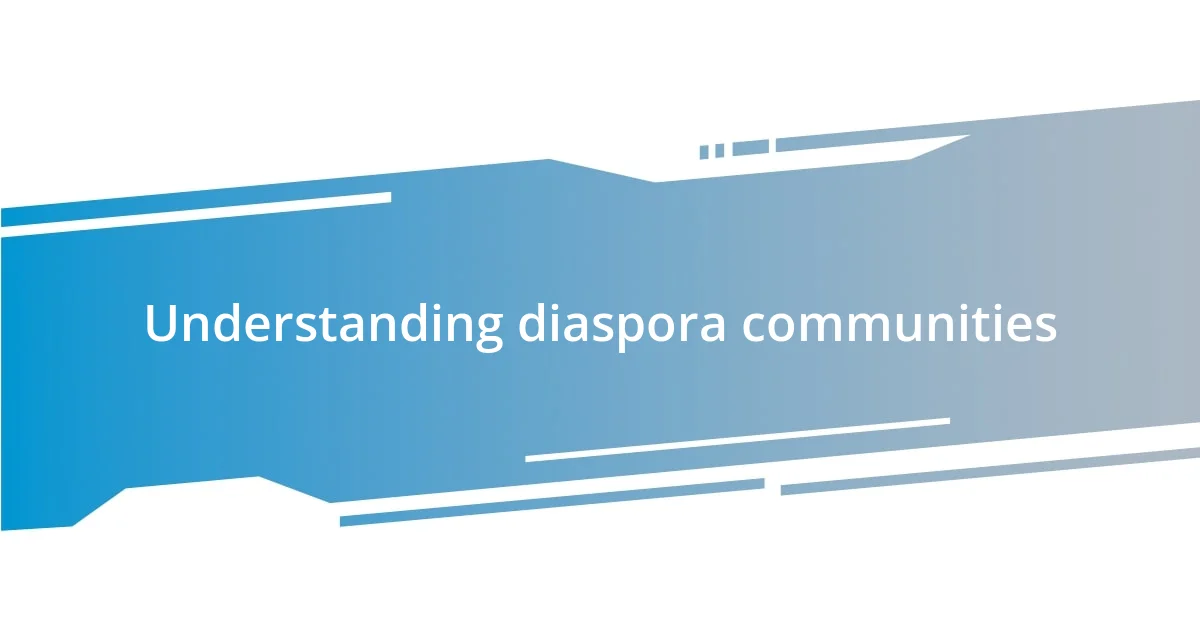
Understanding diaspora communities
Diaspora communities are fascinating and complex. They represent groups of people who have moved away from their homeland, yet still maintain a connection to it. For me, encountering these communities often feels like stepping into a vibrant tapestry of cultures—it’s like catching a glimpse of a larger story unfolding.
I remember attending a cultural festival hosted by a local diaspora group from my hometown. The air was rich with the aromas of traditional dishes, and the sounds of music that made my heart swell with nostalgia. It struck me then how vital these communities are in preserving cultural identity, allowing individuals to express their heritage even when they are thousands of miles from home. Have you ever felt that small spark of recognition in a foreign place? That’s the power of a diaspora community; it brings familiarity where you least expect it.
Understanding diaspora communities means recognizing their dual existence. They often straddle the line between their new environments and their native lands. In my experience, this creates a dynamic space where multiple identities can coexist. I see so many individuals navigating daily life while holding onto traditions that tell the story of their heritage. How often do we think about the stories behind the faces we see? It’s this rich tapestry of experiences that makes diaspora communities so critical in shaping multicultural societies.
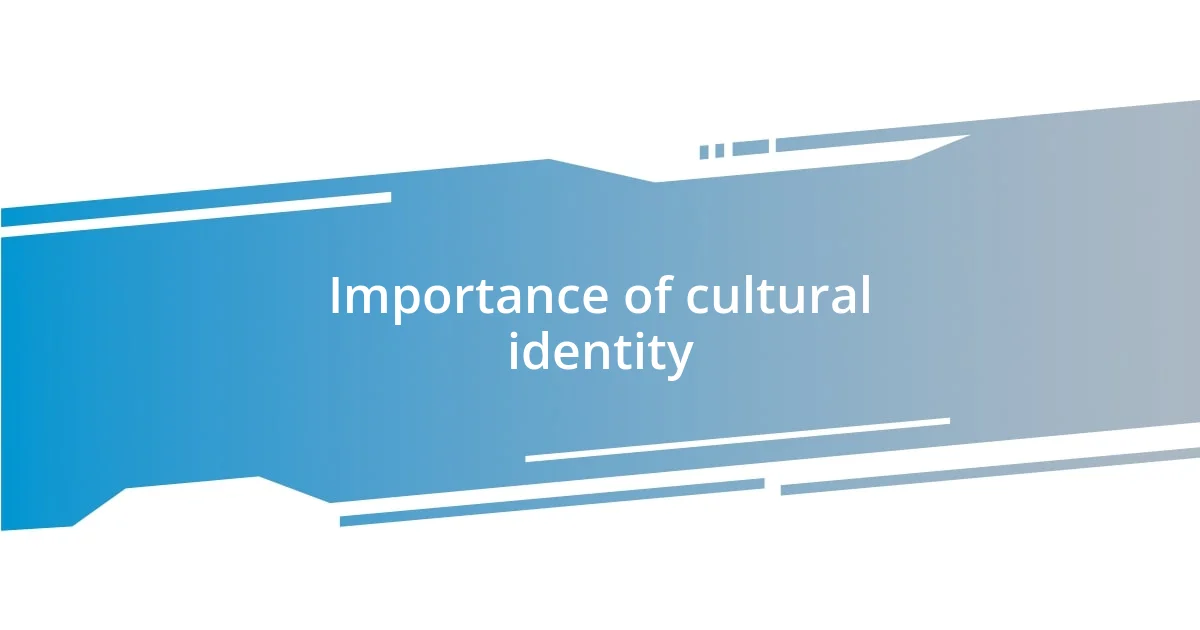
Importance of cultural identity
Cultural identity serves as a cornerstone for individuals within diaspora communities. From my perspective, it’s a source of strength that allows people to connect with their roots while also adapting to new surroundings. I remember meeting an elderly gentleman at a community gathering who shared stories from his youth—his eyes sparkling with pride as he recounted traditions he’d passed down to his children. This nurturance of cultural heritage becomes an act of love, ensuring that history and values live on.
Moreover, the significance of cultural identity can be seen through the lens of community support. I’ve witnessed how festivals and gatherings become not just celebrations but also essential lifelines for emotional connection among members. At a recent event, I overheard friends sharing their fears and aspirations, all in the backdrop of traditional music and dance. It’s in moments like these that I realize how vital these shared experiences are for mental and emotional well-being, reinforcing belonging and solidarity.
Finally, I believe that embracing cultural identity fosters resilience among diaspora members. When faced with challenges—be it discrimination or cultural disconnect—clinging to one’s heritage often provides solace and encouragement. I recall attending a workshop where participants shared their struggles, only to find strength in their collective stories. It made me appreciate how, even in the face of adversity, the threads of cultural identity weave a safety net, allowing individuals to rise and thrive.
| Aspect | Significance |
|---|---|
| Cultural Heritage | Preserves traditions and values |
| Community Support | Provides emotional connection and solidarity |
| Resilience | Offers strength during challenges |
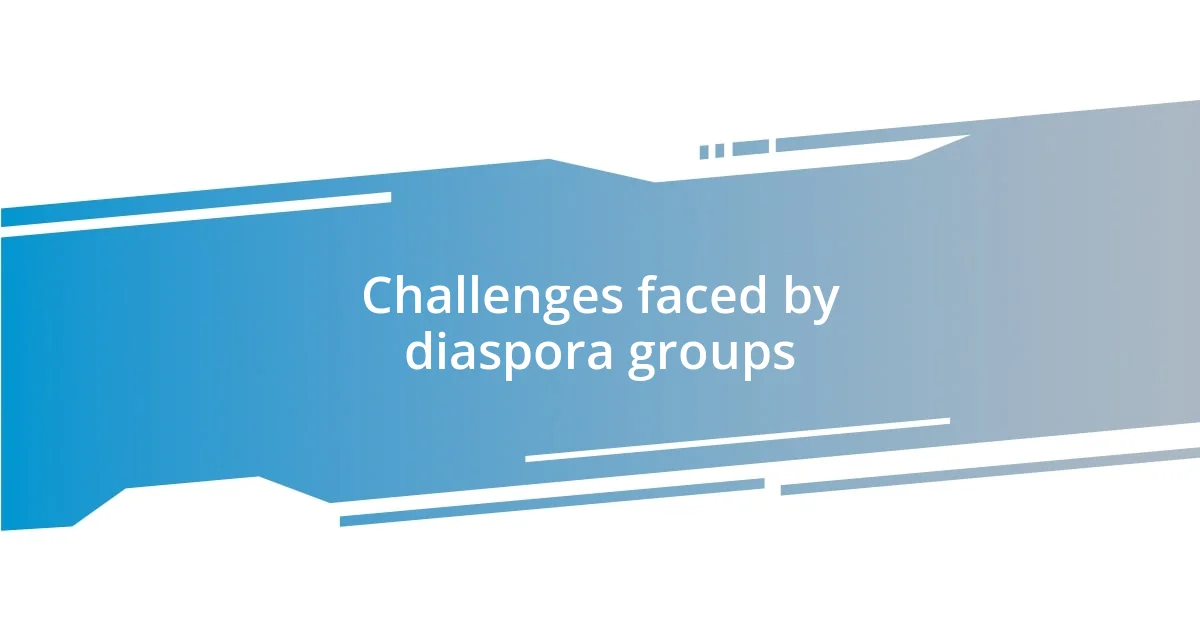
Challenges faced by diaspora groups
Navigating the complexities of belonging is often one of the biggest challenges faced by diaspora groups. I’ve seen how individuals wrestle with their dual identities—balancing the expectations from their new culture while honoring their roots. For example, a friend of mine, who moved to another country for work, often shares how it feels to drive by a local diner that serves traditional food, stirring homesickness while simultaneously being a beacon of comfort. It’s a tightrope walk between wanting to assimilate and holding on to the essence of who you are.
Here are some common challenges I’ve encountered in discussions with diaspora communities:
- Cultural Disconnect: Struggling to bridge the gap between the customs of their homeland and the norms of their new environment.
- Stereotyping and Discrimination: Facing biases that can lead to feelings of isolation or marginalization.
- Mental Health Issues: Dealing with anxiety or depression stemming from identity conflicts and homesickness.
- Access to Resources: Encountering barriers when trying to access social services, legal help, or employment due to a lack of familiarity with local systems.
These challenges can create layers of emotional complexity for diaspora members, as they seek to carve out a space where they feel genuinely at home while remaining true to their heritage.
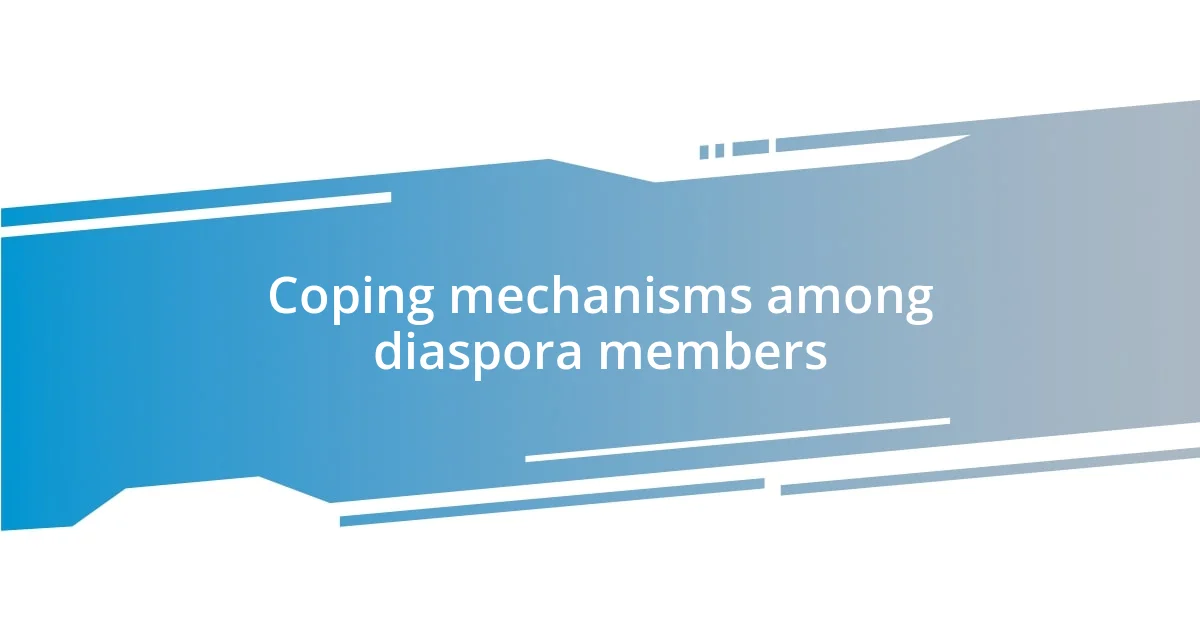
Coping mechanisms among diaspora members
Coping mechanisms among diaspora members often manifest in the form of creating support networks. Personally, I’ve found that these connections can be incredibly therapeutic. I remember a friend organizing weekly coffee meetups for fellow expatriates; the space turned into a haven for sharing stories, frustrations, and laughter. It’s fascinating how these simple gatherings provide a refuge from the loneliness that can sometimes accompany life far from home.
Food also plays a pivotal role in coping. For many people I’ve encountered, cooking traditional dishes serves as both a comfort and a link to their heritage. I often laugh as I recall my own kitchen experiments, trying to recreate my grandmother’s recipes. The act of cooking not only evokes cherished memories but also offers a sense of control and normalcy in an otherwise chaotic world. Have you ever tried to replicate a family dish? The process becomes a ritual—one that nourishes both the body and soul.
Lastly, engaging in cultural activities can be a powerful way to cope with the stress of navigating two worlds. When I participated in a community dance class, it wasn’t just about learning the steps; it felt like reclaiming a piece of my identity. The music, the rhythm, and the shared joy reminded me that, despite the difficulties, there’s beauty in embracing both cultures. Is it any wonder that staying connected to one’s roots can be such a healing experience? By participating in these activities, diaspora members can transform their challenges into opportunities for growth and belonging.
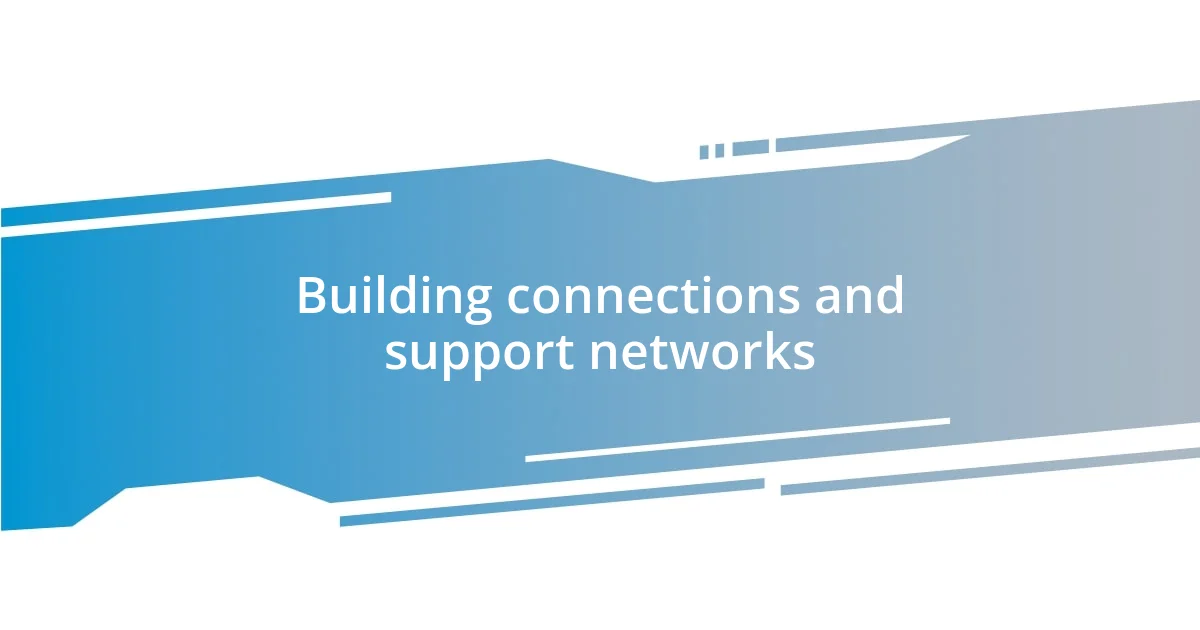
Building connections and support networks
Building connections in diaspora communities often leads to profound support networks that can transform the immigrant experience. I remember attending a potluck organized by a group of friends from different backgrounds. The evening filled with laughter and shared dishes felt magical, as everyone contributed a piece of home. It was enlightening to see how food could break down barriers, creating an instant bond between strangers who suddenly shared more than just their struggles.
In my experience, forming these networks goes beyond social gatherings; they can evolve into vital lifelines during tough times. I once turned to a local online group when I faced a bureaucratic hurdle that left me feeling overwhelmed. The outpouring of advice and solidarity was heartwarming. Have you ever found solace in a group of people who truly understand your challenges? It felt reassuring to see how simply sharing an experience could lift the weight off my shoulders.
Moreover, I believe that mentorship plays an essential role in fostering these connections. In one instance, an elderly member of our community took me under his wing during my first job search. His wisdom and encouragement not only gave me practical tips but also a sense of belonging in a foreign landscape. I often wonder: how many lives could be changed by just one mentor stepping in to guide someone navigating the complexities of a new culture? The beauty of these networks lies in their ability to empower and uplift each other, turning individual struggles into collective strength.
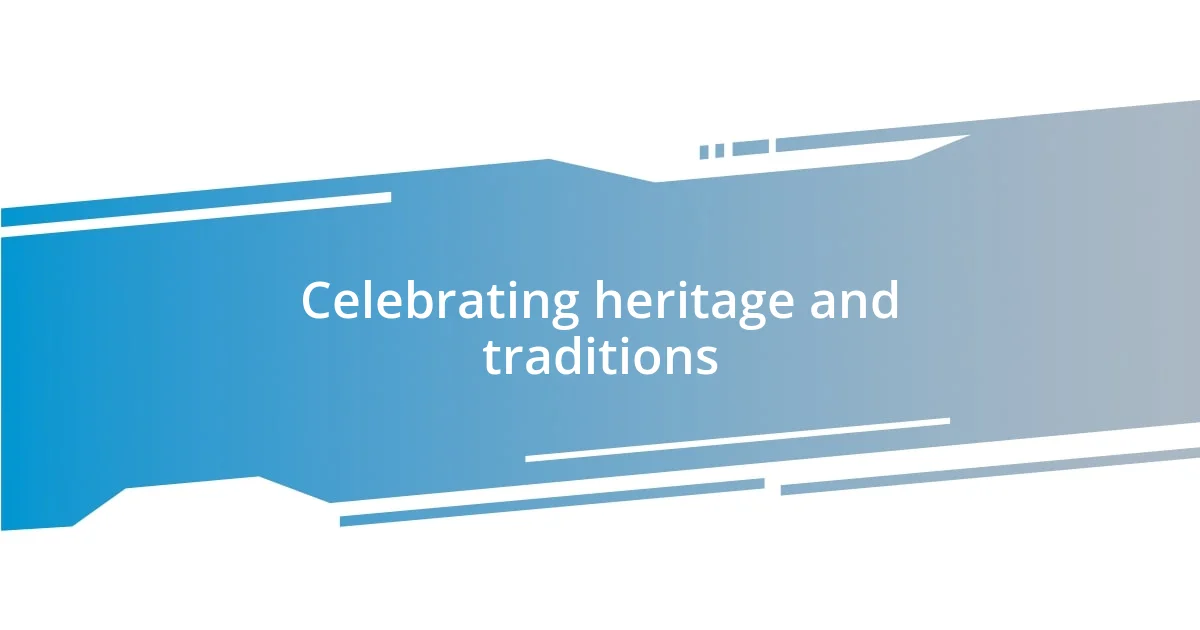
Celebrating heritage and traditions
Celebrating heritage is a profound experience that many in diaspora communities hold dear. I recall attending a traditional festival that my friends organized, where we each donned our cultural attire. The joy and pride radiating from everyone as we shared folk tales and dances was palpable. It was a beautiful reminder of how our roots can bring us together, even miles away from our homeland.
Another poignant example is the way holidays are observed among diaspora members. I remember the bittersweet feeling of celebrating a festival without my family. To counter that, I made sure to host a virtual gathering with my loved ones back home. We cooked the same dishes and shared our experiences over video calls. It struck me how these rituals, even in a digital format, can bridge the emotional distance, allowing us to foster a shared sense of belonging.
I often wonder about the stories hidden in the traditions we celebrate. During a storytelling night at our community center, I listened as an elder shared her journey of migration and the loss of certain customs. It brought tears to my eyes, knowing that while some traditions may fade, the essence of our shared experiences bonds us more than ever. How can we ensure that younger generations appreciate these rich heritages? I believe it lies in our hands, as we celebrate and elevate our customs today.
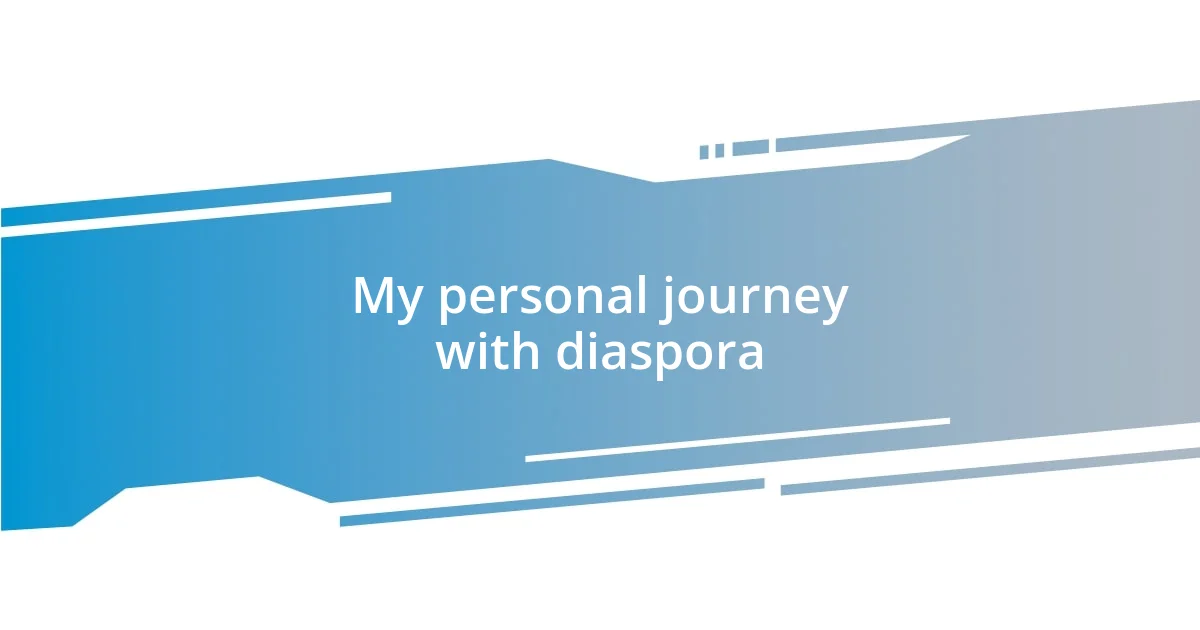
My personal journey with diaspora
My personal journey with diaspora has been like navigating a tapestry made of diverse threads. I vividly recall my first encounter with a community gathering where stories flowed as freely as the laughter. People shared their journeys of leaving their homes, and I felt an unspoken bond form instantly. Isn’t it fascinating how shared experiences, even in their pain, can create an instant connection?
As I settled into my new home, I found that volunteering in local initiatives helped me weave my narrative into the fabric of my diaspora community. One particular moment stands out: I started a small project teaching children about our traditions. Watching their faces light up as they embraced what I shared filled me with warmth. It made me question—what happens to these traditions if not passed down? It’s a reminder of my duty to preserve our culture, even in unfamiliar surroundings.
I’ve realized that my interactions with fellow diaspora members have shaped my identity significantly. There’s something so profound about exchanging thoughts over coffee, hearing how we all navigate the complexities of dual identities. I often ask myself—how can I contribute to making our community feel more like home? Every small act of kindness, every shared story, seems to build a space where we can all belong, despite the miles that separate us from our origins.
